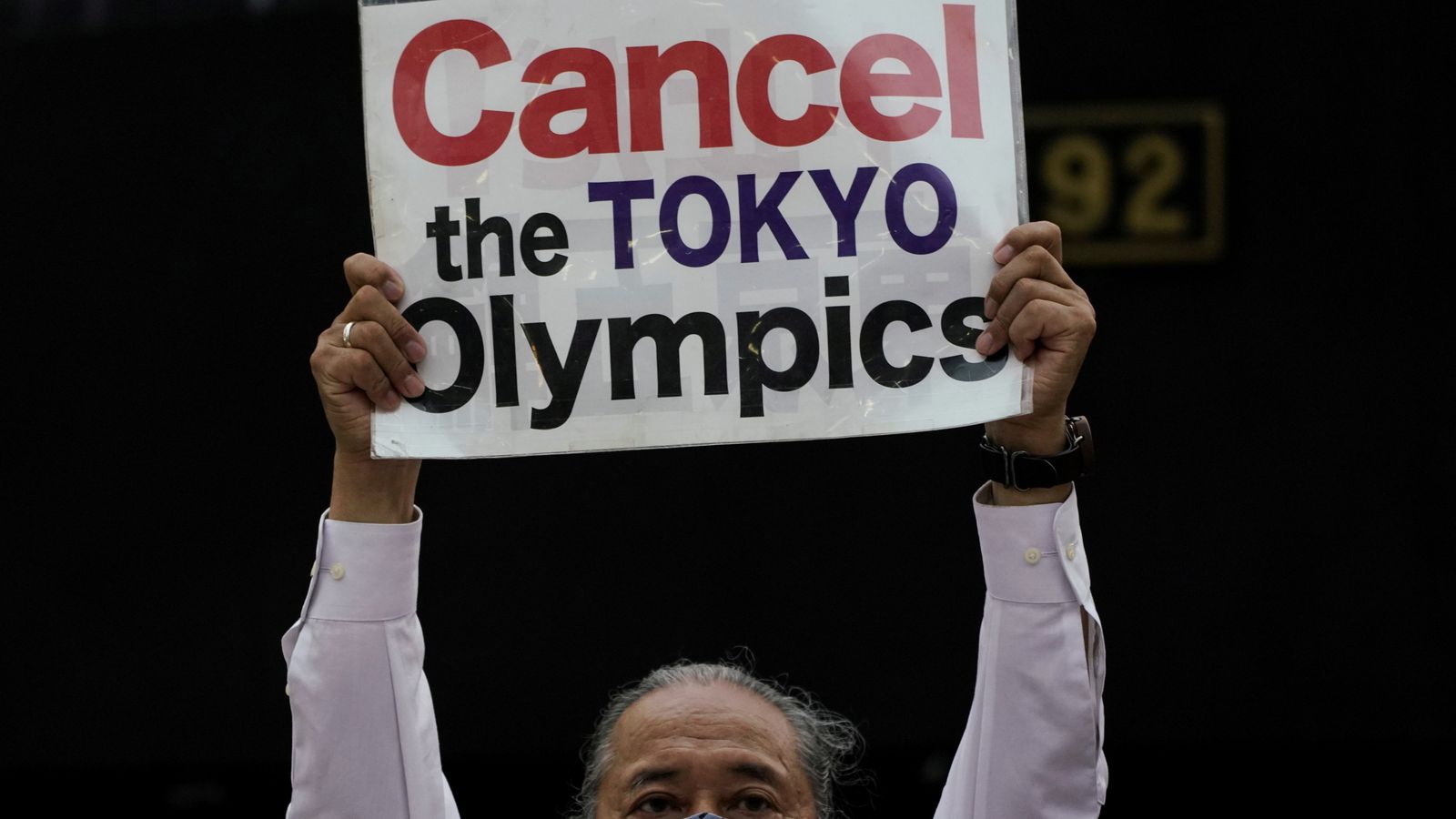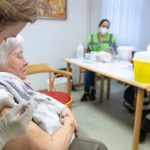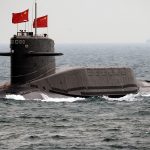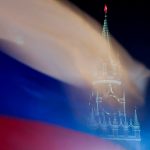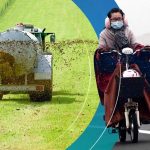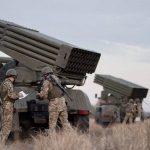High fives, talking loudly and drinking alcohol are just some of the things that have been banned by organisers of the Tokyo Olympics and Paralympics.
The Games are due to begin in just 30 days but controversy over holding them during the pandemic continues.
Tokyo Olympics President Seiko Hashimoto revealed the decisions during a news conference where she said the event could not be “full of celebration”.
“Following experts’ advice, the organising committee decided against selling and drinking alcohol drinks at the venues so as to prevent spread of infections,” she said.
Athletes who might want a drink to celebrate have been told by organisers to “drink alone” in their rooms. Alcohol is otherwise banned in the athletes’ village.
Earlier, Ms Hashimoto defended the organisers’ decision to allow spectators into Olympic venues.
Japanese medical experts have said banning spectators was the least risky option but also included recommendations on how best to host the Games if spectators were admitted.
Up to 10,000 domestic spectators will be allowed into venues but foreign visitors are banned and there will be no public viewing areas in Tokyo.
But the recommendations for the few fans who can attend venues include temperature checks, masks, social distancing, refraining from cheering, not giving each other high-fives and going straight home afterwards.
The guidelines say spectators may remove face masks in hot or humid weather outdoors to avoid heat stroke.
Spectators may be denied admission or asked to leave the sites if they do not observe the rules.
“The major challenge at the Tokyo Games is to curb a flow of people and limit a sense of celebration,” Ms Hashimoto said.
“We are striving to make the Tokyo Games safe and secure, so it won’t be full of celebration.”
Prime Minister Yoshihide Suga has still not ruled out holding the Games without spectators if Tokyo is put back under a state of emergency, from which it only emerged on 21 June.
While the number of new cases has been receding in Tokyo, only about 7% of Japanese people are fully vaccinated – and even though the government is now supercharging its vaccine drive after a slow start, the vast majority of the population still won’t be immunised when the games start.
The arduous preparations for the Olympics also appears to have taken its toll on organisers.
Tokyo governor Yuriko Koike was hospitalised on Tuesday after the metropolitan government said she would take the rest of the week off due to fatigue
The Games’ opening ceremony is on 23 July.
